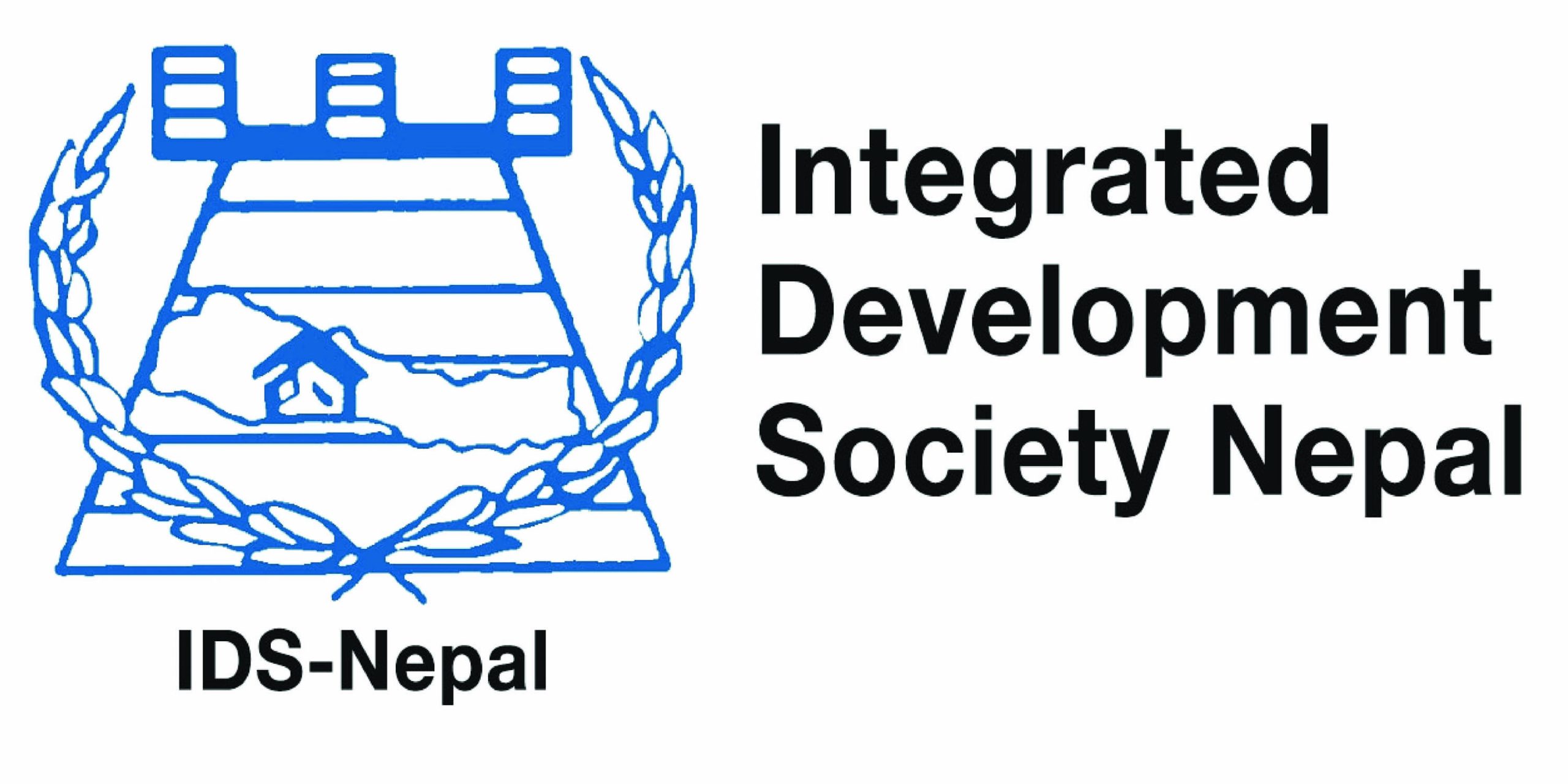WASH & Community Infrastructure; School Health & Nutrition
The aim is to contribute to the achievement of the internationally agreed goals related to water and sanitation on the rural community and urban pitiable, in order to facilitate equitable social, economic and environmental development. The priority is improving access to safe drinking water and helping to provide adequate sanitation to communities living in both countryside and borough areas. It contributes to upgrade the communities’ quality of life through enhanced access to fundamental services.
To address various water and sanitation issues IDS-Nepal has been playing a crucial role in community based infrastructure development programmes. IDS-Nepal is addressing the issue by assisting local communities to implement and manage water, hygine and sanitation schemes focusing mainly on rural areas and is now increasing its focus on poverty-stricken peri-urban areas. IDS-Nepal has gone hand in hand with schools and community for construction of toilets that are child friendly in schools and water tank for management of fresh drinking water. Such efforts and campaigns have resulted in Bardiya as the First Open Defecation Free (ODF) district in Terai region. Through different projects, IDS-Nepal has conducted various WASH activities such as planning, designing, constructing drinking water supply schemes, sanitation structures formation, institutionalization, capacity enhancement of CBOs, IEC material development, sensitization, trainings, triggering and establishment of numerous relevant clubs. IDS-Nepal has always involved two aspects in such assignments – tangible (buildings and infrastructures) and intangible (support, concept mechanism, capacity building, communication dissemination for durability and carrying capacity).
School health and nutrition program aims to execute a holistic school health and nutrition program that coincides with United States Department of Agriculture McGovern Dole’s objectives and Government’s School Health and Nutrition program aligning with government’s priorities and national program. The overall goal of the school health and nutrition program is to develop physical, education, and mental and emotional development of the school children. Since the MGD FY 2014 cycle, WFP has worked with a cooperating partner to implement Water Sanitation and Hygiene (WaSH) in school component that complements the School Meals Program. It has created the groundwork for future work by promoting safe water, improving WaSH behaviors among students, and strengthening WaSH services in school. Since 2016 IDS-Nepal is implementing partners and from 2020 IDS-Nepal is strategic partner of World Food Programme (WFP).
The program aims to provide basic service package, an integrated health and nutrition services, at schools which consists of health screening, iron and folic acid and deworming tablets supplementation, WaSH, nutrition, and health social behavior communication change, first aid services, school health register, mid-day meal and its recording and reporting. SHN program has incorporated menstrual hygiene management, as envisioned by the government, to enhance knowledge, increase access of the current issues of rural Nepal.
Thus, the program supports to strength the local support/service system and improves the accessibility, availability and utilization of the health and nutrition services to school students. This ultimately may contribute to achieve the sustainable development goals related to zero hunger, good health and well-being, quality education, gender equality, clean water, and sanitation.
